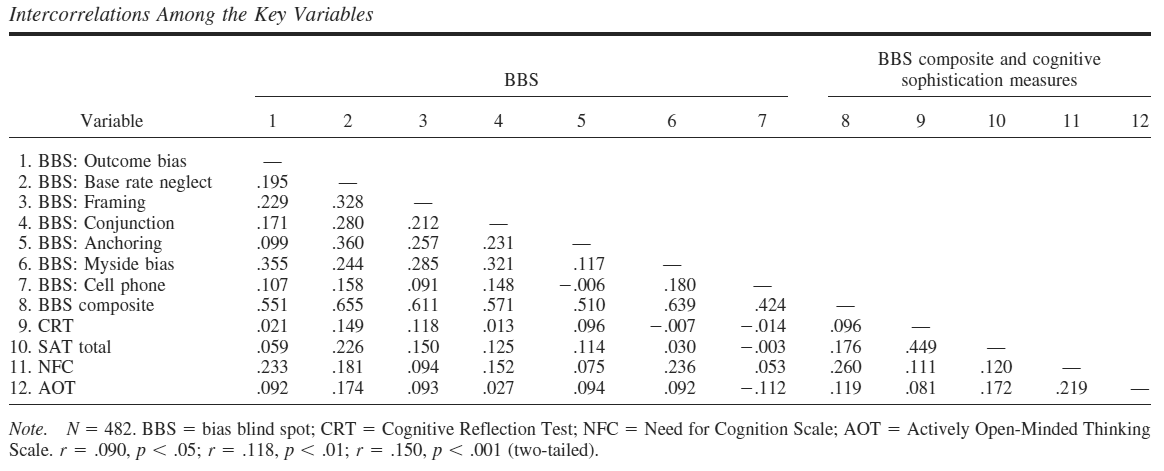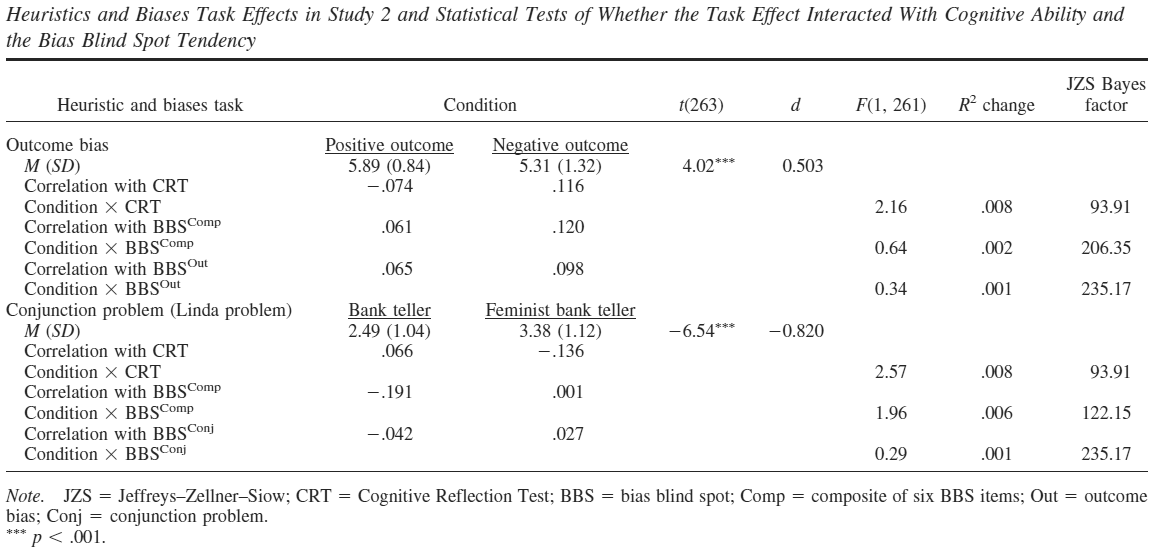The illusions of the brain. Why is an intelligent person easier to cheat at the household level

William James Saydis had written four books before the age of eight, his IQ was estimated from 250 to 300 (the highest recorded IQ in history). He entered Harvard at 10 years old. At a young age, William decided to abandon sex and devote his life to intellectual development.
What is better: 100 rubles now or 300 rubles in a year? A baseball bat with a ball costs 1 ruble 10 kopecks, a bat is 1 ruble more expensive than a ball, how much does a ball cost? These are simple logical questions that people often give “intuitive” wrong answers. The reason - in cognitive distortions, which are subject to all without exception. Sadly, smart people are more prone to some cognitive distortion than stupid people .
For experienced fraudsters such research results will not be a secret. They are well aware that it is easier to circle the finger of an intelligent person than an “impenetrable” stubborn fool.
For centuries, many philosophers, economists and sociologists have built their theories based on the basic premise that man is a rational being and acts rationally and logically. It turns out that it is not. Dozens of scientific studies conducted in the 20th century, forced to revise this basic premise.
')
Cognitive distortions in a situation of uncertainty
When people are faced with a situation of uncertainty, they do not begin the procedure of carefully evaluating information, calculating the statistical probability of each possible outcome. As it turned out, decisions are made by unscientific methods - with the help of some solid mental installations, which often lead to a stupid result. These mental attitudes are not at all helpful in quickly calculating mathematical probabilities in the mind. They are designed specifically to avoid mathematical evaluation in general . When asked about a baseball bat and a ball, the brain tries to completely turn off the math and forgets everything that went through at school. How are decisions made in such a case, and why does the brain create such “hooks”?
One of the famous scientists who studies the logic of the irrational is Nobel laureate Daniel Kahneman , the founder of psychological economic theory and behavioral finance, which combines economics and cognitive science to explain the irrational attitude of a person to risk in decision-making and in managing their behavior. Famous for his work, carried out jointly with Amos Tversky, to establish the cognitive basis for common human delusions (the book “ Decision Making in Uncertainty: Rules and Prejudices ”).
In his book, Kahneman talks about various cognitive distortions, including the effect of binding , a feature of evaluating numerical values by a person, due to which the estimate shifts towards the initial approximation. A typical manifestation of the binding effect, for example, when the product of numbers 1 × 2 × 3 × 4 × 5 × 6 × 7 × 8 × 9 people rate lower than the product of numbers 9 × 8 × 7 × 6 × 5 × 4 × 3 × 2 × one. Of course, this is not the only cognitive distortion that occurs almost daily.
How cognitive distortions are intelligent people
The authors of a scientific paper published in 2012 in the Journal of Personality and Social Psychology conducted a special study to test the propensity for cognitive distortions in smart and stupid people (according to the results of the universal SAT test).
For the survey, they chose 482 students of different levels of intellectual development. Each of them received a questionnaire with seven questions from a standard set of cognitive distortions, like this:
On the surface of the lake floats several water lilies. Every day their number doubles. To cover the entire surface of the lake, water lilies need 48 days. How long does it take for them to cover half of the lake?
Obviously, the correct answer is 47 days. However, many people respond incorrectly.
The study also tested students for susceptibility to the binding effect, which Kahneman and Tversky talked about. In this case, students were first showered with a numerical anchor X (the question “Do you think the world's highest sequoia is higher or lower than X meters?”), And then they checked the ratio Y and X after the question “What do you think is the height (Y) of the highest in the world of redwoods? ”
So, the study confirmed that the number of correct answers and the power of cognitive distortion weakly correlate with the SAT score and the NFC scale (Need for Cognition Scale, an assessment of how much a person likes to think - what pleasure he gets from this process). Previous studies have shown that smarter people who have a tendency to think are less prone to cognitive distortions. First, this is not true for all cognitive distortions. Secondly, there is one nuance.
Scientists have found that higher SAT, NFC, and CRT (Cognitive Reflection Test) scores do not eliminate the blind spot effect in humans - a characteristic cognitive distortion when a person is not able to adequately assess the effect of cognitive distortion on himself (although he notices how they affect other people's thinking).


Specific cognitive blind spot blindness (BBS) is even more common among smart people than stupid people. This is a negative correlation with intelligence. That is, smart people more often than stupid people inadequately overestimate their ability to think strictly logically and rationally.
According to experts, this is explained by the fact that more intellectually developed people are aware of their higher intellectual status - and therefore they assume that they will avoid cognitive distortions better than other people. That is why smart people are most susceptible to cognitive blind spot distortion. At the same time, a number of classical distortions, such as the binding effect, are equally manifested in people with high intelligence and people with low intelligence.
It turns out that in some situations, an intelligent person is more easily deceived and dragged into a fraudulent scam - simply because he considers himself to be more cunning than others. But in the basic distortions (at the household level) this is not at all the case. Not only a developed intellect, but also an excellent education do not save from cognitive distortions. As Kaneman found out many years ago, more than 50% of students at Harvard, Princeton and MIT give the wrong answer to a question about a baseball bat and a ball.
The study showed some more alarming results. For example, there is no evidence that awareness of their own cognitive distortions somehow helps people avoid them. Moreover, self-digging can, on the contrary, damage sober thinking. The more we delve into ourselves and try to understand our own thinking and the causes of actions, the more cognitive distortions manifest themselves.
Source: https://habr.com/ru/post/399789/
All Articles